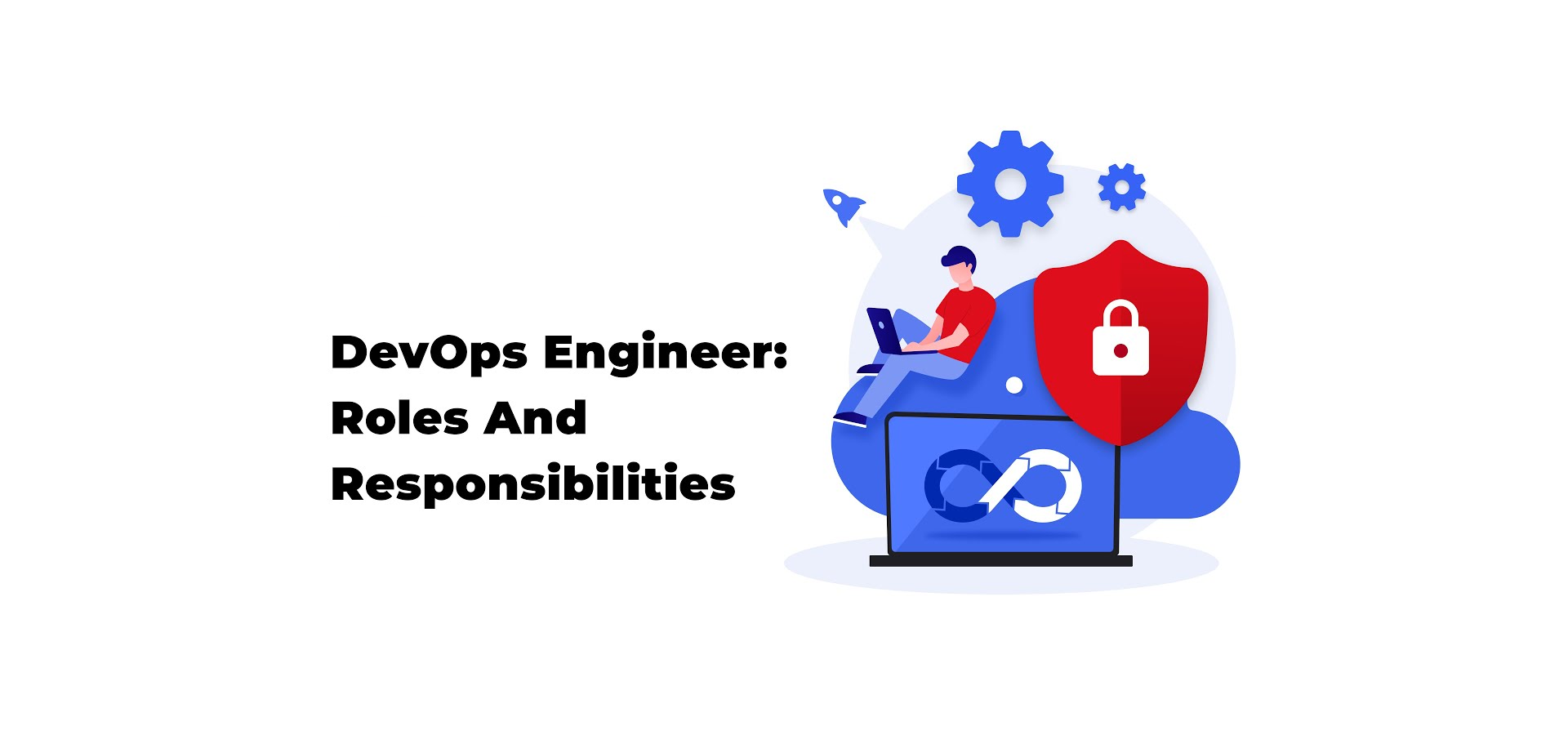
DevOps Roles & Responsibilities
DevOps is the combination of cultural philosophies, practices, and tools that increases an organization’s ability to deliver applications and services at high velocity: evolving and improving products at a faster pace than organizations using traditional software development and infrastructure management processes. This speed enables organizations to better serve their customers and compete more effectively in the market.
Under a DevOps model, development and operations teams are no longer “siloed.” Sometimes, these two teams are merged into a single team where the engineers work across the entire application lifecycle, from development and test to deployment to operations, and develop a range of skills not limited to a single function. In some DevOps models, quality assurance and security teams may also become more tightly integrated with development and operations and throughout the application lifecycle.
These teams use practices to automate processes that historically have been manual and slow. They use a technology stack and tooling which help them operate and evolve applications quickly and reliably. These tools also help engineers independently accomplish tasks (for example, deploying code or provisioning infrastructure) that normally would have required help from other teams, and this further increases a team’s velocity.


| DEVOPS ROLE | ROLE DESCRIPTION | |
|---|---|---|
| 1. | DevOps Architect | DevOps Architects lead the design and implementation of applications. They work closely with the Dev Team Lead and Software Architect to ensure that future infrastructure meets the requirements of the software architecture. |
| 2. | Release Engineer / Release Manager | Release Engineers release new features and ensure post-release product stability. They address the management and coordination of the product from development through production. |
| 3. | Software Reliability Engineer (SRE) | SREs take responsibility for reliability and automation throughout the software lifecycle. Their task is successful release deployment and monitoring the system to avoid outages or performance issues. |
| 4. | DevSecOps Engineer | DevSecOps Engineers are responsible for designing, maintaining, and improving infrastructure security to eliminate vulnerabilities. |
| 5. | IT Operations Engineer | IT Operations Engineers ensure that systems, services and infrastructure work reliably and securely. They are focused on the improvement of the company’s equipment and facilities. |
| 6. | Configuration Management Engineer | Configuration Management Engineers are responsible for infrastructure management and automation. Their focus is centered on the configuration, documentation, optimization, and support of the infrastructure components. |
